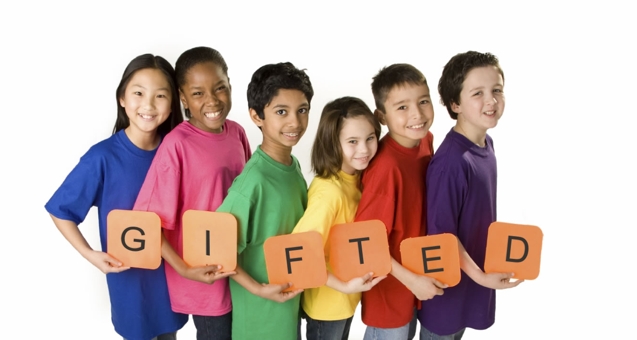Summary of the lesson💭:
First of all, we talked about the myths surrounding gifted students. Among them, are, for instance, that they always achieve good marks or that they have problems to socialize. However, the expert also talked about the truths, that is, they are a heterogeneous group and will not always share the same features, although there are some which are more common (mainly school failure) and precisely these are the signs that may alert us to detect this condition.
First of all, we talked about the myths surrounding gifted students. Among them, are, for instance, that they always achieve good marks or that they have problems to socialize. However, the expert also talked about the truths, that is, they are a heterogeneous group and will not always share the same features, although there are some which are more common (mainly school failure) and precisely these are the signs that may alert us to detect this condition.
Therefore, the role of the teacher was also discussed. We as teachers should cooperate with the families and acting as mediators between them and the educational institutions in case they suspect the child is a gifted student.
The expert also showed us many existing projects, such as Educación 3.0, about this type of students which may help us to know how to deal with their needs.
Yet, the conclusion was that if we adapt the curriculum to students with special needs (students who have a lower level), we should also adapt the curriculum to these students who are above the standard level because if we do not do so, they may fail.
Precisely, this is what is happening nowadays and in many cases this is due to not only the lack of interest from the institution (although according to the current educational law (LOMCE) their needs must be met) but also due to the lack of resources as many families cannot afford a proper education for their children.
Thus, elements such as motivation, encouragement of creativity, or a creation of a proper atmosphere of work should be priorities when planning a curriculum adapted to these students’ situation.
Ways of helping gifted students in the English classroom
The key to meet the need of gifted students in the classroom is developing flexible teaching methods and useful lessons. Standard teaching is not valid in this special cases since these are usually restrictive and generalized according to a set of learning expectations. By the same token, common assignments and homework will not always be suitable for all students.
In this way, teachers can apply several strategies in order to teach ESL effectively. Here we provide a short list of some possible strategies:
- Independent reading and writing choices📚 Everybody is motivated by what they like and gifted students are even more. Thus, giving them some freedom to propose texts of their election is a good way of engaging them into the classroom.
- Giving opportunities for book discussions in the class.💬
- Ensure that the activities have clear goals and aim to increase pupils’ ability to analise and solve problems.🔍 Gifted students want to know the purpose of what they are doing. If they believe that the activities are purposeless they will lose motivation.
- Encouraging them to become autonomous learners 🙌through the proposition of activities which stimulate originality, initiative and self direction.
- Task-based learning. 💪Proposing projects to the class is a fantastic method to cater for diversity. They allow each student to develop his or her project to the best of their potential. In order to evaluate the final outcome, teachers must not only take into account the quality of the projects, but also the process of doing it.


No comments:
Post a Comment